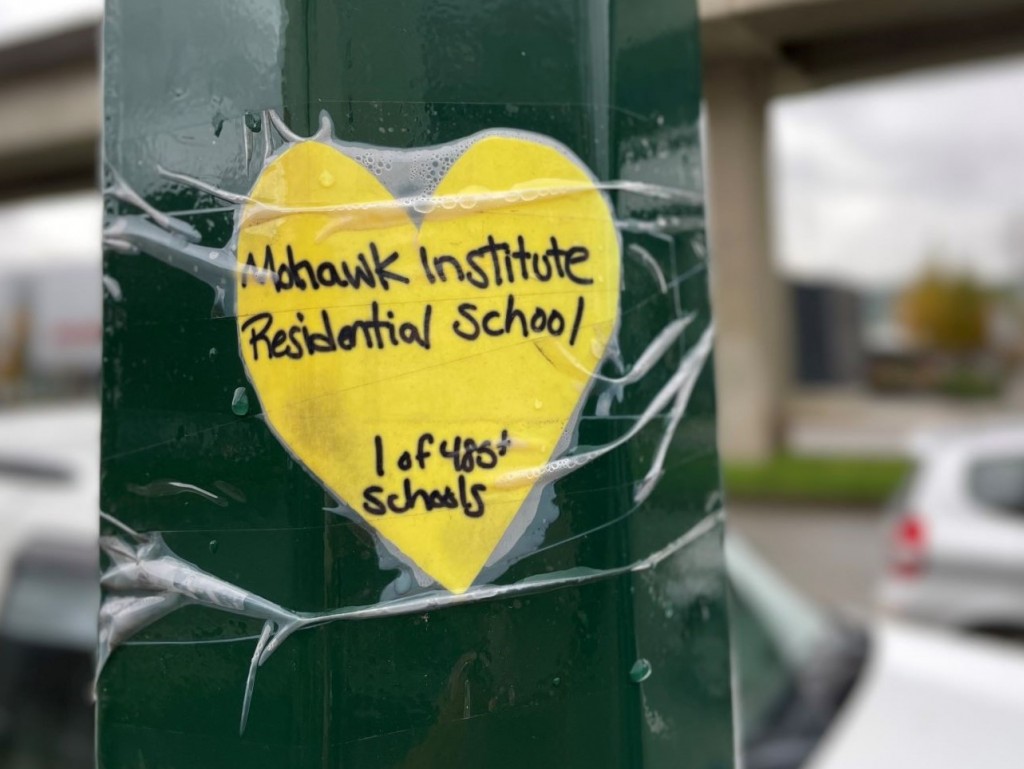
One step closer to free textbooks for students
By Katie Czenczek, News Editor
It appears some faculty members are listening to students’ calls for free textbooks.
Jennifer Barker, a biology instructor at Douglas College, has been leading the push for Open Education Resources (OERs) at Douglas College. In an interview with the Other Press, Barker said that what interests her about free textbooks is the ability to alter them to best fit a curriculum.
“I’ve got wind of this idea of open textbooks, which are accessible for students and that would be the high-minded reason to use them, but from an instructor’s perspective what really got my attention was that you could edit them,” she said.
Barker has been editing an open textbook from BCcampus for a couple of years now, which will be used in the biology program at Douglas College. She was able to do so through funding provided by the college and hopes to have the textbook ready for Fall 2019.
In 2012, the provincial government provided $2 million in funding for the BCcampus project. The project has set up tools and resources that are accessible by everyone with an internet connection. It has also given grants to institutions, which would allow for faculty to edit textbooks to their liking.
Aran Armutlu, Chairperson for the British Columbia Federation of Students (BCFS), said in a phone interview with the Other Press that, as a result of the 2012 provincial funding, “students have saved over $8 million on textbook costs.”
The BCFS launched a campaign advocating for $5 million to be added to the project, and for students to post how much they spend on textbooks on Twitter using #textbookbrokeBC. Armutlu said that the funding and resources are already available online for faculty members to use and that an important part of their campaign is convincing faculty members to use OERs in their classes.
“At the institutional level, it’s about getting faculty on board with open textbooks,” he said. “There’s a lot of open textbooks available, but it’s about getting professors to trust OERs.”
Barker said that it will be more difficult to convince other faculty members to adopt OERs, however, as some textbooks do not share the same level of quality as commercial textbooks do.
“We were lucky because the anatomy and physiology textbook was already pretty good,” she said. “For others, it’s a hard sell to faculty members to adopt open textbooks, as the level of quality isn’t quite there.”
For many science, business, and math textbooks, a single textbook can cost around $200.
Lalita Lalita, a second-year biology student at Douglas College, said in an interview with the Other Press that her textbooks can cost an additional class’ worth in textbook costs for only three classes.
“Doing biology, geography, and chemistry, it’s going to be around $400 to $500 just for three science courses in a semester,” she said.
Armutlu said that approximately half of students aren’t buying textbooks for their classes because they cannot afford to.
“Studies have shown that 54 percent of students report skipping out of buying textbooks due to high costs,” he said. “Students are suffering in the class because of that, because it’s hard to succeed in the classroom without having the materials readily available.”



